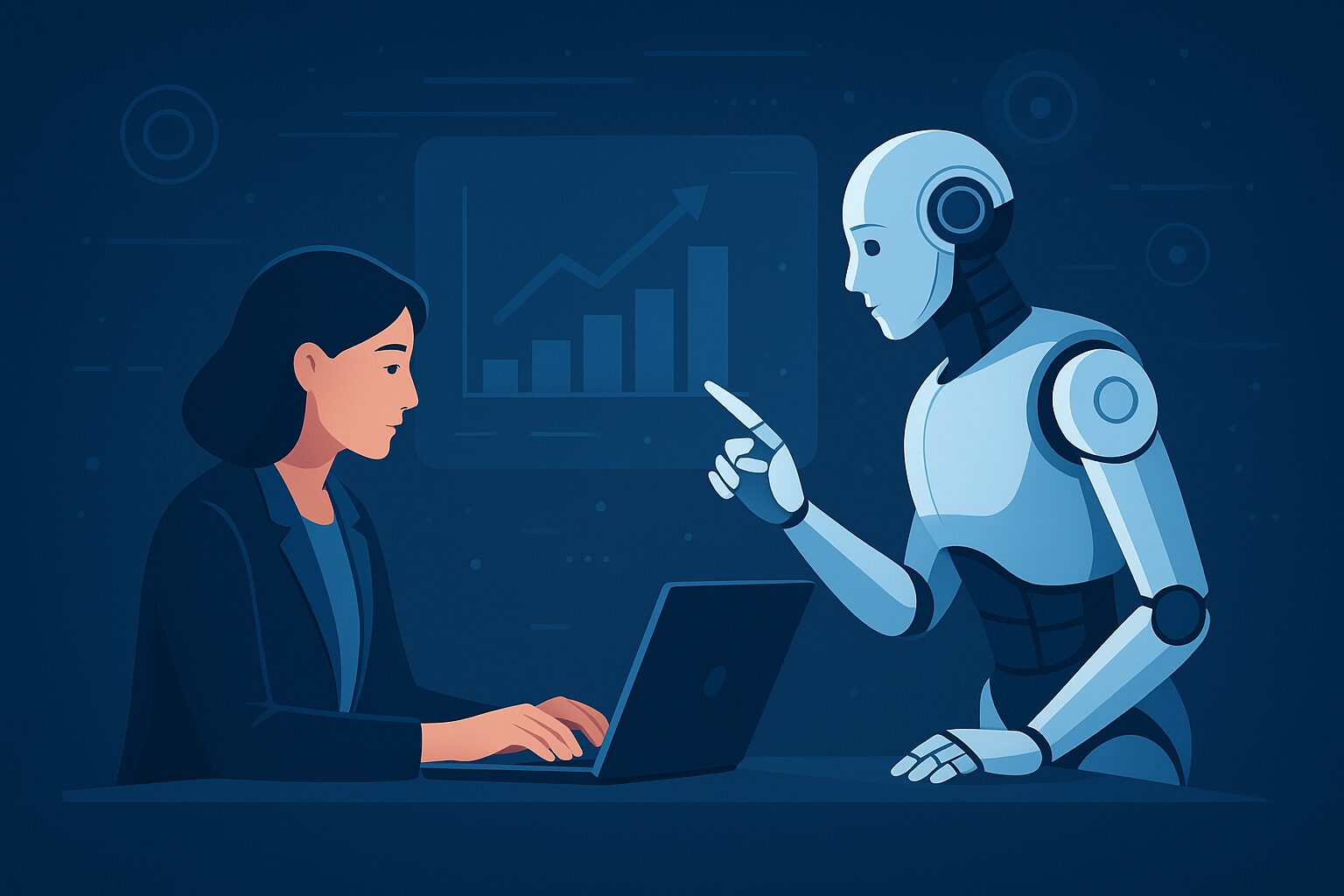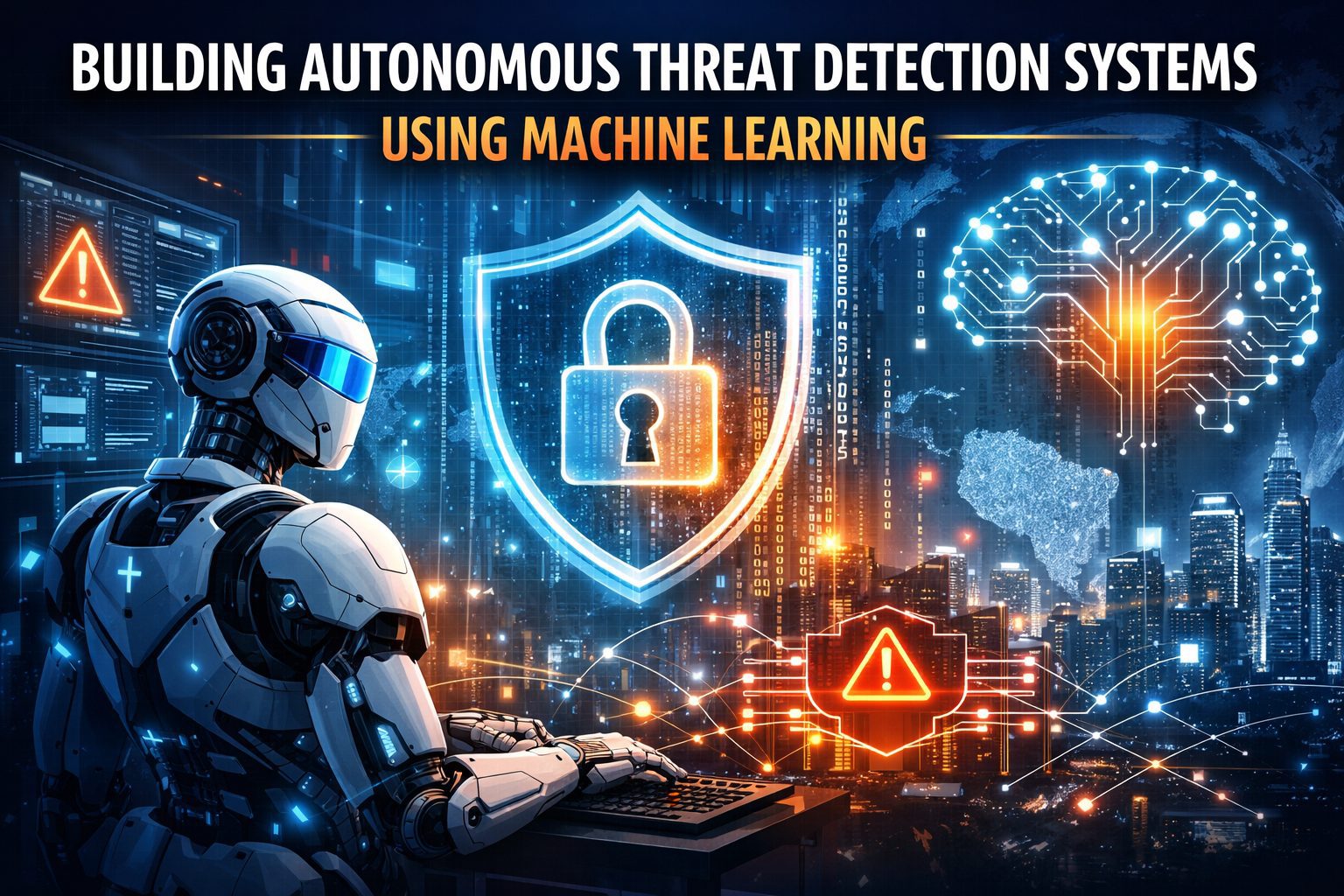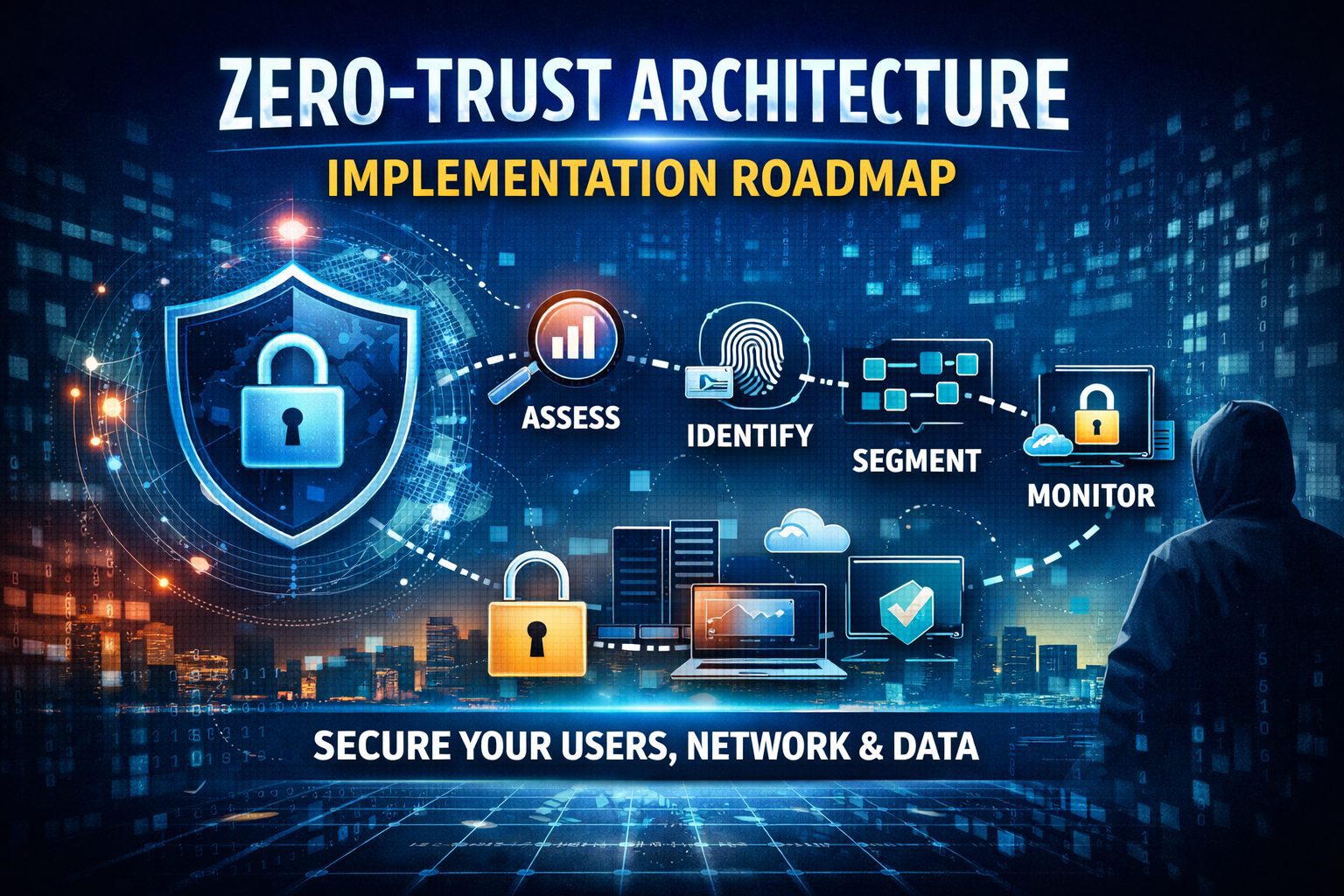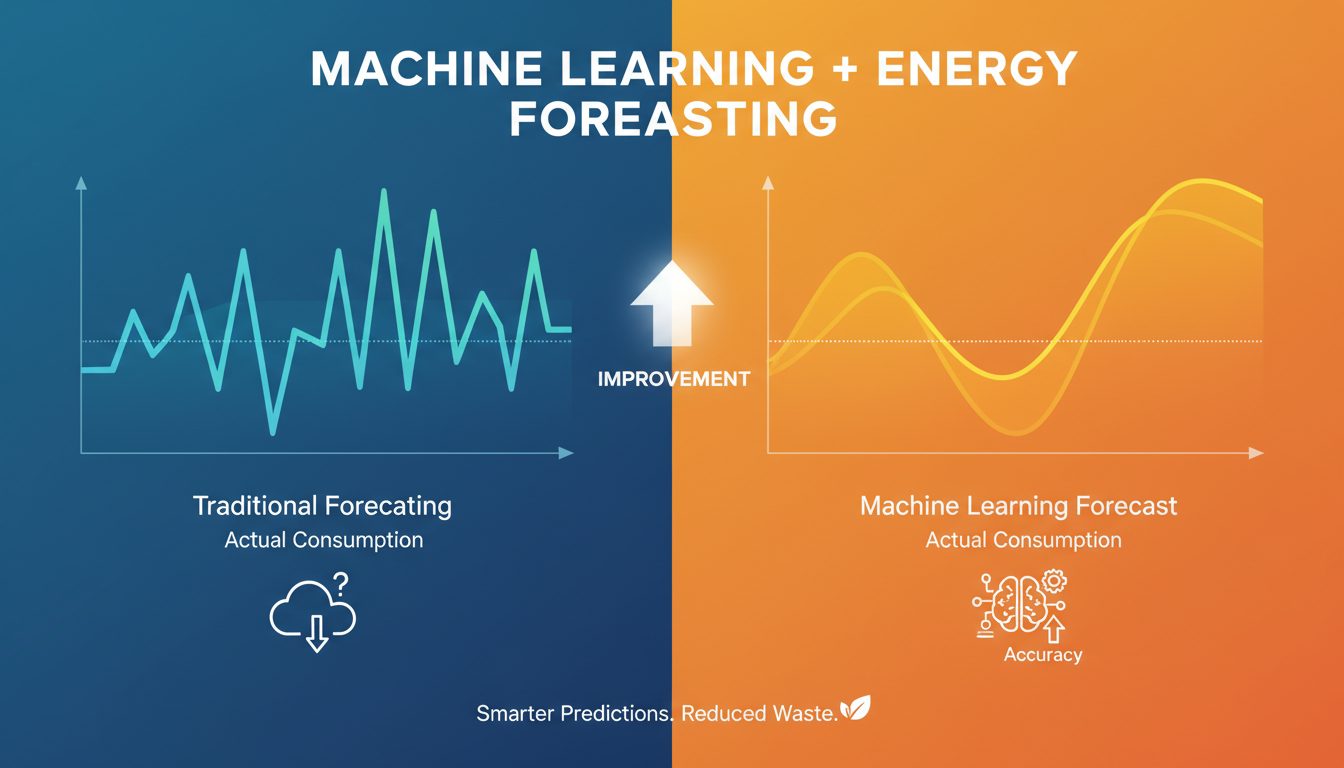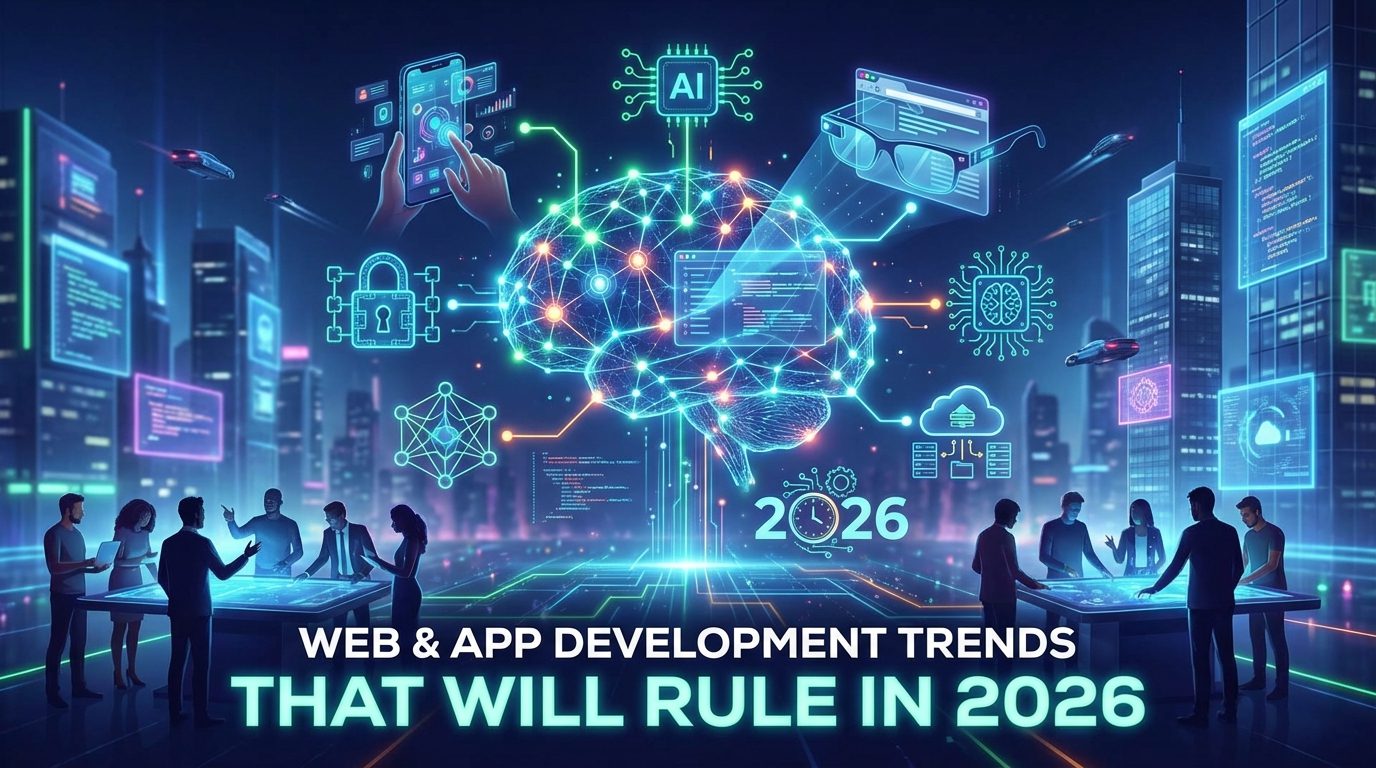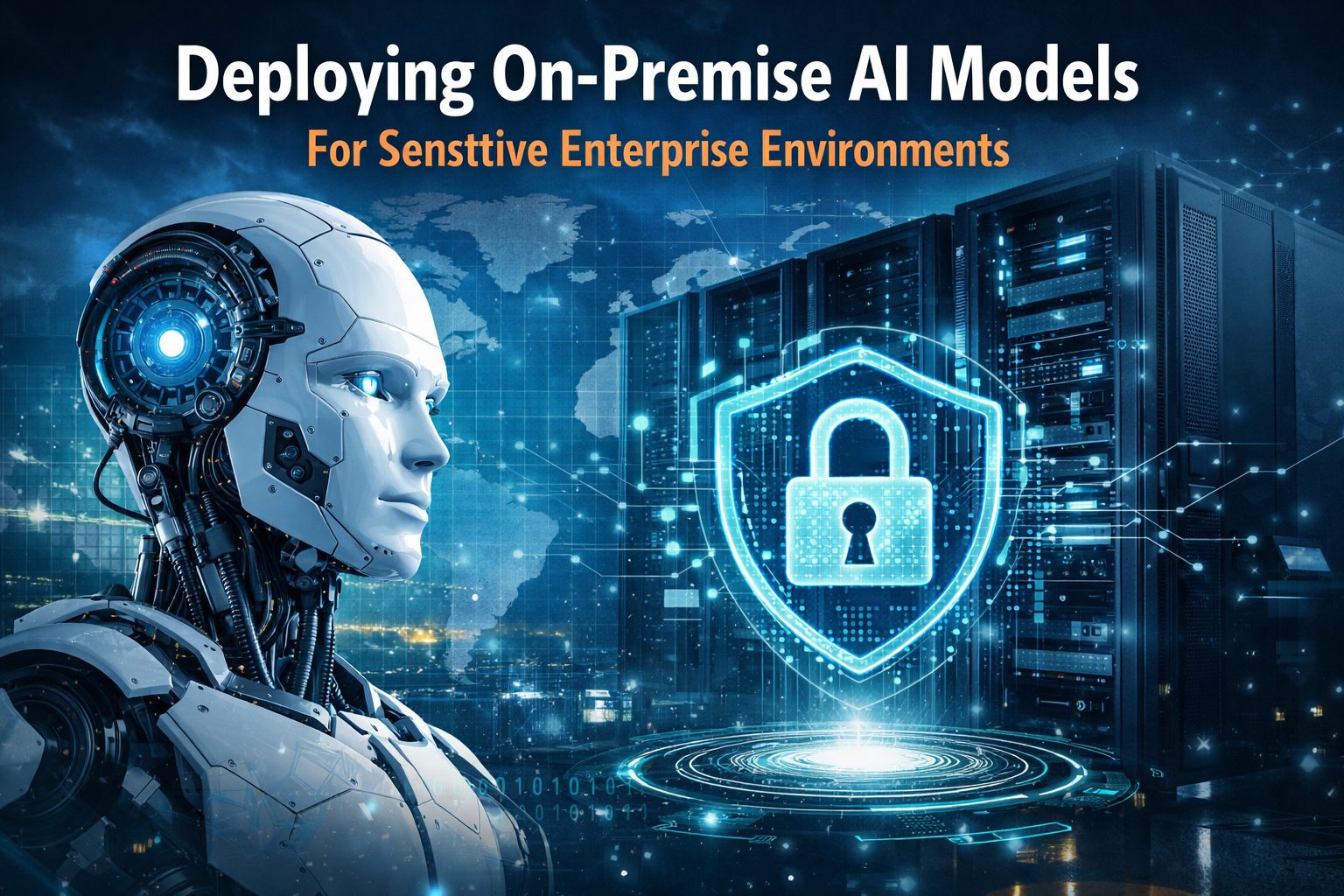The future of work is evolving faster than ever. Automation, artificial intelligence, and digital transformation are reshaping industries, creating entirely new professions while rendering others obsolete. In this landscape, one of the most pressing questions professionals face is: How do you prepare for a job that doesn’t even exist yet?
The answer lies not in predicting the future but in developing the mindset, adaptability, and skillset that make you ready for constant change. Here’s how to future-proof your career in a world of unknown opportunities.
1. Embrace Continuous Learning
The traditional model of earning a degree and then settling into a lifelong career is no longer relevant. Today, skills have a shorter shelf life, and the most valuable professionals are those who keep learning.
Online learning platforms, micro-credentials, and certifications allow you to upgrade your skills continuously. Whether it’s AI literacy, digital marketing, blockchain, or sustainable business practices, staying updated ensures you remain valuable across evolving industries.
Tip: Dedicate at least a few hours every week to learning something new. Treat learning as a lifestyle, not a one-time investment.
2. Develop Adaptability and a Growth Mindset
The future workplace rewards those who are open to change. A growth mindset — the belief that abilities can be developed through dedication and effort — enables you to thrive even when faced with uncertainty.
Instead of fearing disruption, see it as an opportunity to pivot and grow. Adaptability means being comfortable with ambiguity, learning from setbacks, and seeing challenges as a path to progress.
Tip: When a new technology or tool emerges, don’t resist it. Experiment with it. Even a basic understanding can open up new career opportunities.
3. Focus on Transferable Skills
While specific technical skills may come and go, transferable skills never lose their value. These include:
- Critical thinking and problem-solving – vital in every industry.
- Communication and collaboration – essential in remote and hybrid workplaces.
- Creativity and innovation – driving forces behind new job creation.
- Digital literacy – a baseline requirement for all future jobs.
Transferable skills act as bridges between industries. For instance, a marketing professional who understands data analytics can easily adapt to roles in product development, UX design, or even AI-driven market analysis.
4. Stay Curious About Emerging Technologies
Many of tomorrow’s jobs will be powered by technologies still in their infancy today. Fields like quantum computing, synthetic biology, space technology, and generative AI are opening up possibilities that were once the stuff of science fiction.
Staying curious about these developments — even at a surface level — helps you identify where new opportunities might arise. Follow thought leaders, subscribe to tech newsletters, and join online communities discussing the future of your field.
Tip: Curiosity is the engine of relevance. The more you explore, the more patterns you’ll recognize across industries — helping you anticipate where the world is heading.
5. Build a Personal Brand and Digital Presence
In a competitive and fast-changing environment, visibility is power. A strong personal brand communicates your expertise, adaptability, and readiness for the future.
Start by building your professional presence on platforms like LinkedIn, sharing insights, projects, and achievements. If possible, create a personal website or portfolio showcasing your learning journey and future-oriented skills.
Employers today are not just hiring for what you can do — they’re hiring for your ability to grow, influence, and adapt.
Tip: Regularly post about what you’re learning, experimenting with, or creating. It positions you as someone evolving with the times.
6. Network Beyond Your Comfort Zone
Future careers will be increasingly interdisciplinary. The most innovative ideas often emerge at the intersection of different fields — for example, between healthcare and AI, or design and data science.
By networking across industries, you gain insights into emerging trends, find collaborators, and stay exposed to new opportunities before they go mainstream.
Tip: Attend webinars, virtual meetups, or conferences outside your direct area of expertise. The more diverse your network, the wider your future possibilities.
7. Learn How to Learn — Fast
In a world where new tools and roles appear overnight, your learning agility becomes your greatest competitive advantage. Learning how to learn means mastering meta-skills like information synthesis, experimentation, and self-assessment.
You don’t need to master every emerging technology — but you do need to know how to get up to speed quickly when one becomes relevant.
Tip: Practice learning something unfamiliar every few months — a new app, language, or creative skill. The more comfortable you are with the learning process, the easier adaptation becomes.
8. Focus on Purpose and Meaning
As automation handles routine tasks, human work will increasingly revolve around creativity, empathy, and purpose. Careers of the future will demand alignment between what you do and why you do it.
Understanding your personal values and long-term purpose can guide you toward meaningful opportunities — not just profitable ones.
Tip: Reflect on what motivates you beyond money. That sense of purpose will help you choose the right direction as industries evolve.
Final Thoughts
Preparing for jobs that don’t exist yet isn’t about trying to predict every new title or trend — it’s about cultivating adaptability, curiosity, and lifelong learning.
The most future-proof professionals will not be those who memorize today’s skills, but those who are ready to learn tomorrow’s.
In short: Don’t chase the future — build the mindset to thrive in it.

